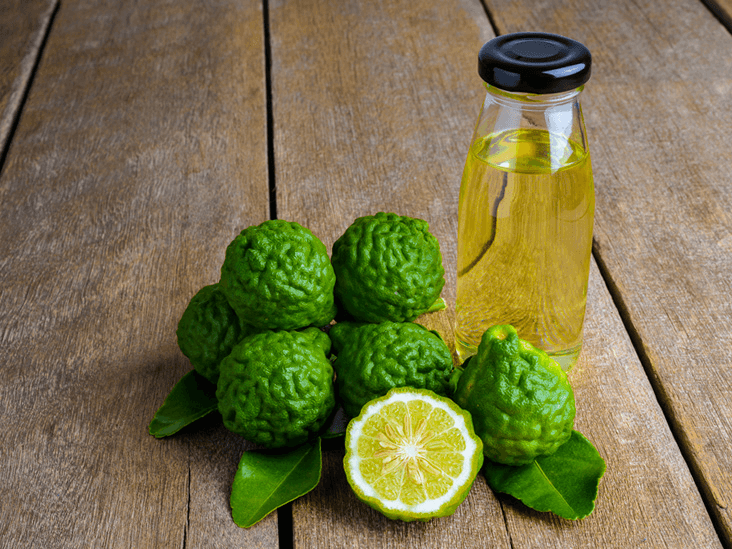Bergamot


The citrus fruit bergamot looks like a hybrid of an orange and a grapefruit. The fruit is used in many colognes and perfumes, as well as to flavor Earl Grey tea. Aromatherapy also employs bergamot oil.
It is believed that the Bergamot orange is a cross between the lemon and the Seville orange. The fruit was first grown for commerce in the Italian region of Lombardy, where the city of Bergamo is located.
Italian Calabria is where most Bergamot oranges are grown. Bergamots are also produced in Brazil, Turkey, Morocco, and France, among other nations.
Numerous advantages of bergamot include:
1. Bergamot can assist in lowering cholesterol.
2. Bergamot can aid in lowering stress and anxiety levels.
3. Bergamot may aid in better digestion.
4. Bergamot can support an immune system boost.
5. Eczema and psoriasis are two skin conditions that can be helped by bergamot.
Bergamot is usually risk-free and has few side effects when used in moderation. Bergamot oil should be diluted before applying topically because it can irritate skin and make people more sensitive to the sun. Additionally, those who have sensitive skin and those who are pregnant should avoid using bergamot oil.
Bergamot doesn't have a set dosage. It can be taken in small doses—for example, as a tea flavoring—or in larger doses if you take supplements. Bergamot oil can be applied topically, but it must first be diluted to prevent skin sensitivity.
Citrus fruit bergamot has a variety of advantages. It can be taken in small doses—for example, as a tea flavoring—or in larger doses if you take supplements. Bergamot oil can also be applied topically, but you should dilute it first to prevent it from stinging your skin.
Bergamot and some medications, including those used to lower cholesterol and thin the blood, may interact negatively. Therefore, if you are taking any medication, it is crucial to consult your doctor before taking bergamot.
Bergamot's precise mode of operation is unknown. However, it is believed to function by lowering cholesterol levels and assisting in the reduction of stress and anxiety. Bergamot may also aid in better digestion and immune system support.
Bergamot's pharmacokinetics have not been thoroughly investigated.
Bergamot can be substituted with a variety of citrus fruits, including oranges and grapefruits. Lavender and chamomile essential oils are examples of other essential oils that might offer comparable advantages.
Before ingesting any supplements, especially if you have a medical condition or are taking medication, please consult your healthcare provider.
Bergamot typically has immediate effects when consumed in small doses, such as when used to flavor tea. It might take a few weeks to notice the full effects when taken in higher doses, like in supplements.










Plus get the inside scoop on our latest content and updates in our monthly newsletter.